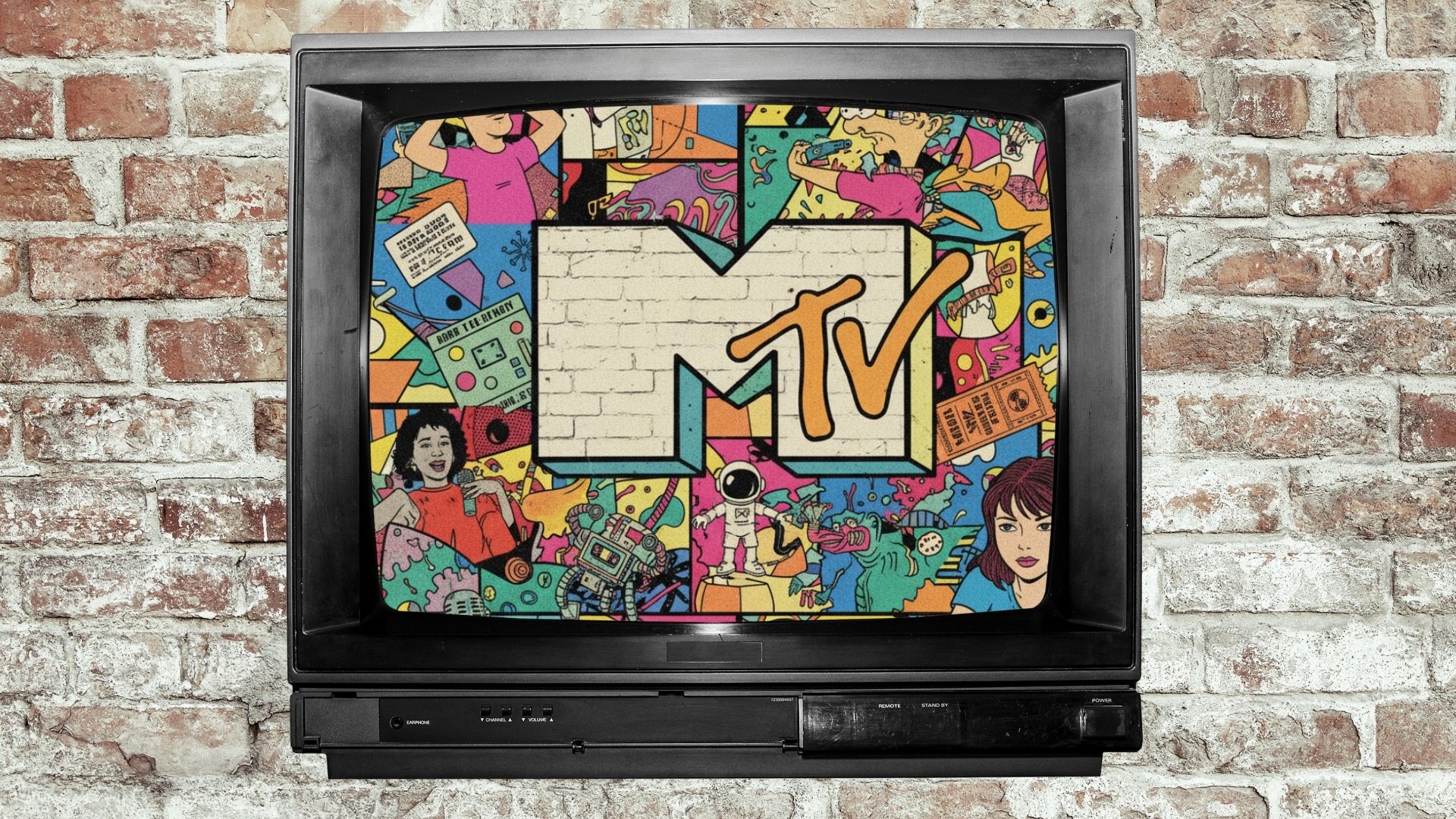Welcome to the average Millennial experience, where everything changes, and we keep living in unprecedented times.
Remember how a couple of months ago, we saw the fall of Skype, an app that was the pioneer in online communications for years? Well, this week, we got word from MTV about some of their channels shutting down soon.
And those are marketing news.
Do You Really Need To Ask What MTV Is?
Like, come on! Everyone knows MTV! *Cries in Millennial*
Music Television (MTV) launched in 1981 and is a flagship property of the MTV Entertainment Group sub-division of the Paramount Media Networks division of Paramount Skydance.
Initially, as the name suggests, their primary focus was music. MTV was known as the channel where you would go to watch music videos of your favorite songs, along with related entertainment programming hosted by television personalities known as video jockeys (VJs). Although intended as a US cable channel, it soon gained traction globally (I literally watched it all the way in El Salvador back in the early ’90s, and that is saying a lot) and became part of pop culture.
It was revolutionary for its time, and some people even said they were here “to kill the radio.”
MTV as a Brand
To this day, and despite everything, MTV remains somewhat a strong brand: MTV is a cultural movement. It defined decades of music, style, and youth identity.
It launched the careers of countless artists (who can think of Dire Straits without picturing the money-filled corridor?), created iconic shows like TRL, The Real World, and Punk’d, and gave us catchphrases and moments that are now part of the world’s collective memory. The MTV brand became synonymous with youth, rebellion, and cool as it constantly reinvented itself to stay relevant to new generations.
But somewhere along the way, things started shifting faster than the brand could adapt.
The Decline
Let’s be all real for 45 seconds (yes, you can time it if you want to): when was the last time you thought of turning on the TV to watch a music video? The answer is most likely not yesterday, nor the day before… maybe not even a year ago…
As the internet began to rise in the early 2000s, and with it platforms like YouTube, the streaming services, and social media the way audiences consumed music and entertainment changed completely. What used to be MTV’s core value (exclusive access to artists, music videos, and youth culture) became available to everyone, everywhere, at any time. MTV faced a new competitor that, ironically, looked a lot like its original self: on-demand music videos, but with a crucial difference: total user control.
Of course, they did not simply give up. They started leaning heavily into reality TV, social drama, original programming, and nostalgia-based programming. It pivoted heavily away from music videos. The move was a masterclass in surviving one disruption; they recognized that their brand’s core wasn’t just “music videos,“ but “youth entertainment.“ For a time, it worked brilliantly.
However, this pivot created a paradox. The very thing that made them iconic, being the definitive source for music discovery, was now TikTok’s job, LOL. For newer generations, “MTV“ meant Jersey Shore, not “Smells Like Teen Spirit.“ The brand survived, but its identity became diluted, caught between the nostalgia of one generation and the entirely different expectations of the next.
The Announcement: A Sign of the Times
According to a report by the BBC, MTV Music, MTV 80s, MTV 90s, Club MTV, and MTV Live will all stop broadcasting after December 31st, 2025. This does not mean that the main MTV channel in the US is shutting down, too, but it marks a shift in how audiences consume content, with more people moving to online platforms (and of course, a blatant attempt by Paramount Global to cut costs).
It is not by any means a sudden death, but the final act of a long-evolving story. The writing has been on the wall. Linear television, where you tune in at a scheduled time, is no longer the king. Streaming is. Why watch what a programmer in New York chooses for you when you can summon any song, artist, or show on earth to your phone in seconds?
This isn’t about MTV failing. This is about an entire ecosystem transforming.
Why Even Talk About it If They Are Not Really Going Away?
No, we are not trying to be alarmist. No, this might not be a sign of the brand’s demise at all, but there is still a lot we can learn from the 40-year arc of this cultural titan. The message is clear: adaptation is not a one-time event, but a continuous process.
Brands are living organisms. They grow, evolve, and sometimes shed their skin to survive. But the moment they stop evolving, the moment they assume their name alone will carry them, the clock starts ticking.
MTV’s journey reminds us that staying relevant doesn’t just mean being present on new platforms; it means understanding how those platforms change audience behavior. It means asking the hard questions:
- Are we currently solving the problems our audience has, or are we addressing the ones they had ten years ago?
- Are we speaking to them, or just at them?
- Are we still as curious and rebellious as we once were?
Because the truth is, no amount of brand legacy can outshine cultural stagnation, and this isn’t exclusive to media giants. Small businesses face the same challenge: staying flexible in how they communicate, market, and deliver value in order to survive the pass of time.
The brands that thrive are the ones that treat change not as a threat, but as part of their DNA.






